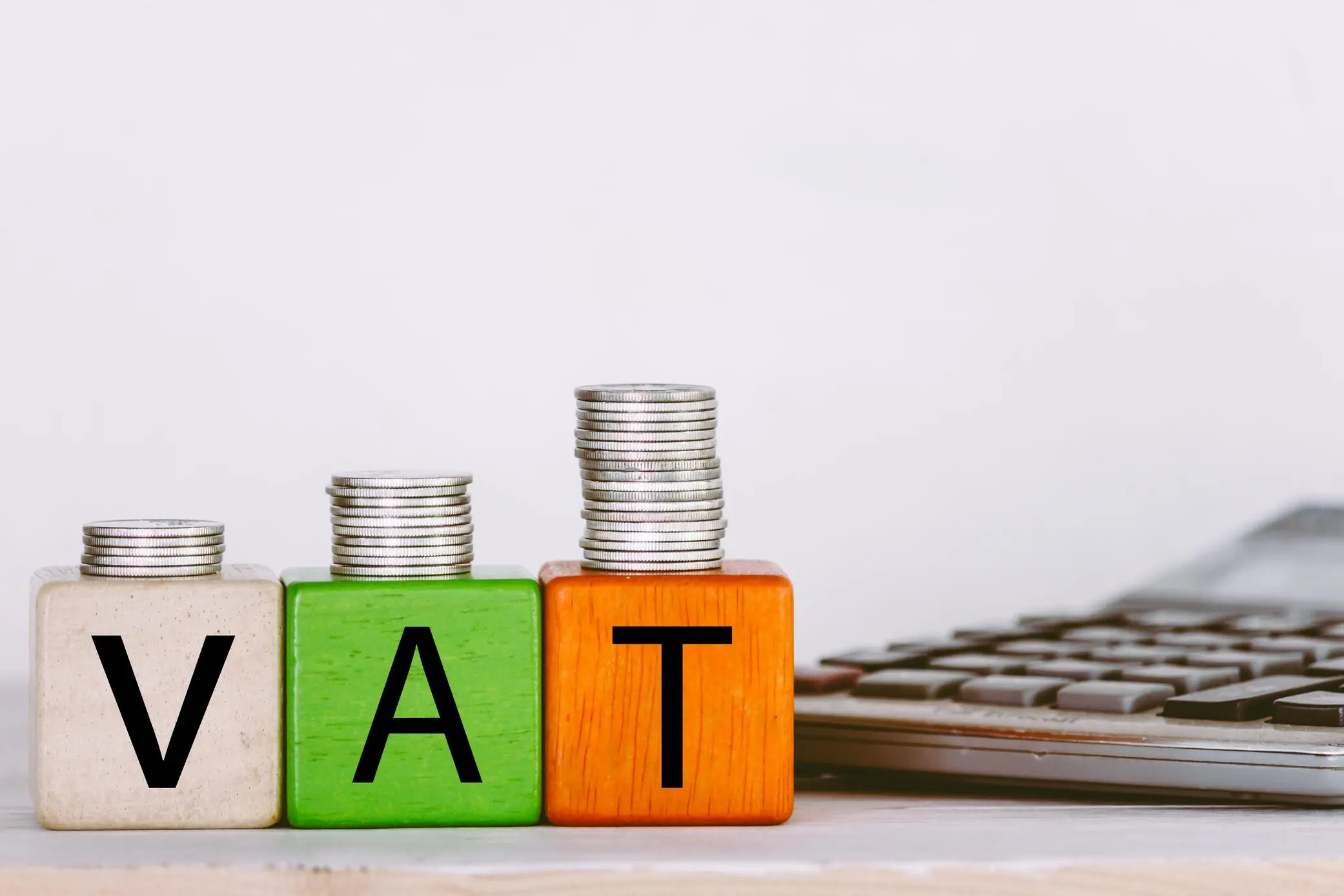PHOTO
MANAMA - Businesses will suffer a bigger impact if they do not get things right when Bahrain’s value-added tax (VAT) increase takes effect, an expert has warned.
According to Omar Hisham, tax and corporate services senior manager at KPMG in Bahrain, businesses hitherto may have taken VAT costs less seriously as errors at 5 per cent or the inability to claim input VAT may have not had a material impact on their finances.
“However, with the rate set to double, VAT should become a material consideration for most businesses – with VAT at 10%, errors and the inability to claim input VAT is likely to have a significant impact on businesses,” he told a webinar yesterday.
Led by KPMG in Bahrain partner and head of tax and corporate services Mubeen Khadir, the virtual discussion focused on what companies need to do to get ready for the VAT rate change and ensure their teams’ readiness to deal their ongoing compliance obligations at the new rate.
The anticipated VAT increase from 5% to 10% is expected to take place starting from January 2022.
This comes as part of fiscal reform efforts to re-stabilise the local economy which was impacted by Covid-19.
Mr Khadir commented, “Having worked with many Saudi businesses last year preparing them for the VAT rate increase, we strongly recommend Bahrain businesses start preparing today. Businesses should review their existing contracts to assess the impact of the transitional rules and plan for changes to documentation templates, such as invoices, credit and debit notes.”
The expert also advised business leaders to perform a gap assessment of the existing IT and accounting systems to examine their readiness for VAT rate change from the cut-off date.
“Also, they need to consider any immediate change to marketing/pricing strategies and communications with suppliers, customers,” he added.
The panel of experts that also included Shashank Chandak and DaoHan Hung, tax and corporate services managers at the firm, said other potential impacts on enterprises in general include a bigger impact on expenses of unregistered entities; Contracts may need to be reviewed depending on whether VAT can be charged at the new rate to existing customers; Supplies straddling the effective date and during the transition period will need to be carefully considered to determine the correct VAT rate to be applied; VAT refund claims for non-residents and other eligible persons will become more critical and finally businesses suffering blocked input VAT or businesses that were not claiming input VAT due to poor documentation or other issues will need to reassess the impact.
Nearly 270 tax and finance professionals in the local business community attended the webinar, KPMG said.
© Copyright 2020 www.gdnonline.com
Copyright 2021 Al Hilal Publishing and Marketing Group Provided by SyndiGate Media Inc. (Syndigate.info).





















